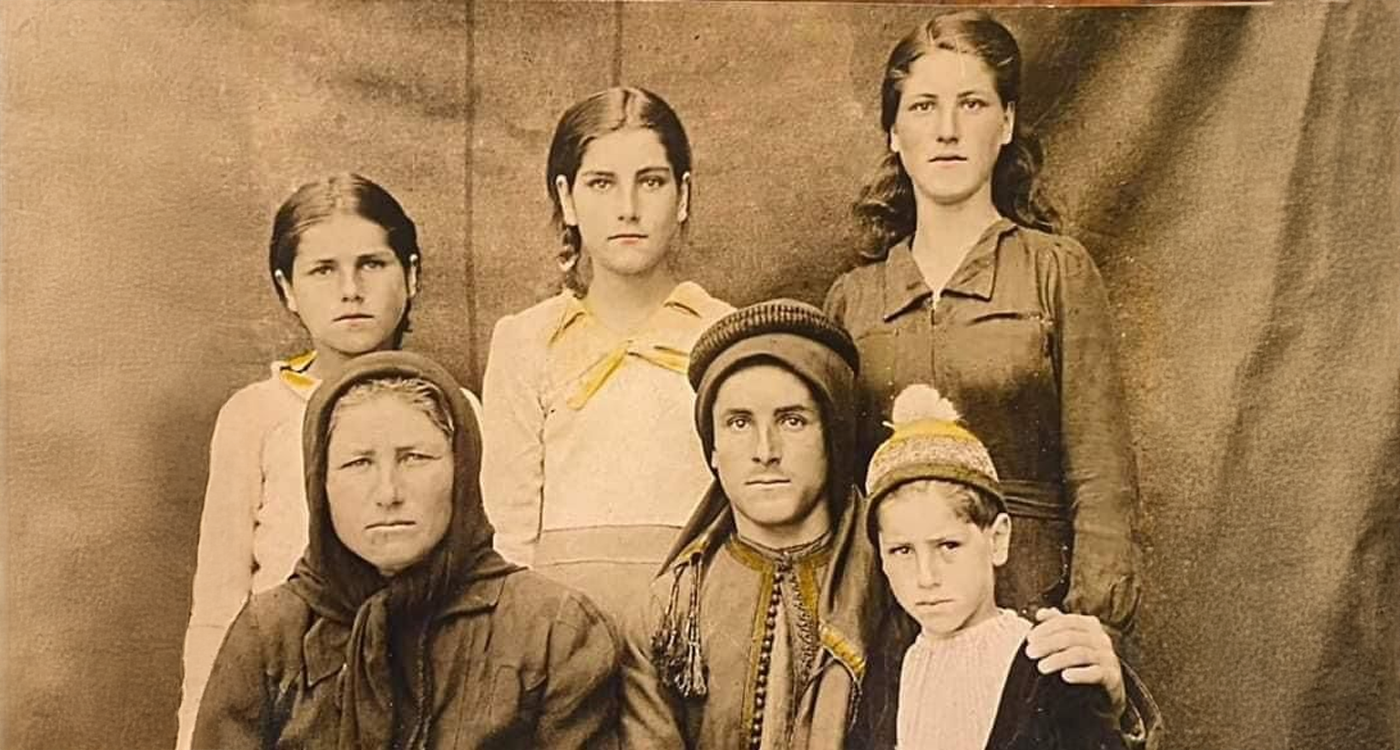
Kill the woman, deprive her of her bodily nature and spiritual depth, destroy the family, and create the ideologically perfect individual: unattached, unmoored, easily influenced, vulnerable and malleable, and above all, stripped of any openness to transcendence.
At the root of society lies the family, and at the root of the family lies the woman. Society is built on this basic unit, the household, which provides security and solidarity, shapes values and transmits heritage. This nucleus of social cohesion, for all humanity, is precisely what liberal and globalist ideologies have been targeting. To turn the human person into an isolated, vulnerable, and therefore malleable individual, it is necessary to strip him of every social attribute.
From Feminism to Wokism
The deconstruction of the family proceeds through the abolition of the authority embodied by the father, the castration of the masculine, and the removal of the woman, mother and center of the household. Without these two pillars of parenthood, the family collapses, dragging society down with it. The mother carries what Hannah Arendt called human continuity and the natural spheres of rootedness – family, tradition and natality – which made her a target once Western men were subdued. Pierre Manent similarly warns of the threat to the masculine, the feminine and the family, which he sees as the essential bridge between the individual and the city.
Radical feminist theories, taken to an extreme, turned against women not to protect them but to deny their very existence. These theories call for an attack on scientific truths. Biology has become, for what Jean-François Braunstein describes as the “woke religion,” a genuine obstacle to the freedom of identity. Nadia Geerts, herself a Republican, secular and universalist feminist, denounces wokeism for denying biological reality in an effort to erase the very category of “woman” in the name of inclusivity.
Women are humiliated and reduced to the status of eternal victims. They are devalued by what Pierre Valentin calls a form of implicit misogyny. Élisabeth Badinter, another figure of universalist feminism, sees this confinement of women to the role of perpetual victims as a regression of individual freedoms. This logic of systematic confrontation between the sexes absolutizes identities, undermining the idea of a free and autonomous subject. It is a mixture of resentment and guilt that led Jordan Peterson to describe wokeism as a “postmodern moral tyranny.”
Equality
Yet the absolute equality of women and men is unquestionable. The Catechism of the Catholic Church (cf. 2334) affirms that “man and woman have the same dignity and are of equal value.” However, the Compendium of the Social Doctrine of the Church, published in 2004 under John Paul II, clarifies that this equality of dignity does not imply static equality, for “the feminine specificity is different from the masculine specificity.” These two realities do not simply complement each other from a physical or psychological perspective, but also, as the Compendium emphasizes, from an ontological one.
For it is in the encounter between the two that the consciousness of being emerges. This ontological dimension is also acknowledged by non-radical feminists such as Sylviane Agacinsky, who sees sexual difference as a doorway to otherness and, in turn, to mutual recognition.
The ideologies of the post-Christian West have turned their attack on the human person. In The End of Christendom, Chantal Delsol shows that the aim is to shape a new kind of human being, stripped of transcendence. The denial of woman is part of this effort to create a neutral human being, without nature, roots or communal structures. We are witnessing the invention of the perfect creature, detached, deprived of discernment and politically malleable. Such a being would form a fragmented and docile population, unable to resist or show solidarity, and entirely delivered to the logic of the market and ideological institutions.
As a natural extension of the West, Lebanon is not spared from this grim reality. Its society, which traditionally looked to the Holy Family centered on Mary as an example, is itself falling apart. The country is under attack by ideologies that target its universities and media through numerous NGOs, cloaked in appealing names and the guise of inclusivity.
Family
Women must be safeguarded if the family – and therefore society as a whole – is to be preserved as a place of communion, solidarity and the transmission of values and knowledge. Without the family, society becomes nothing more than an aggregate of individuals, without continuity, memory or a future.
In its 2004 Compendium, the Church’s Social Doctrine emphasizes the central role of the family as a nucleus and as “the prototype of every social order,” describing it as “the first vital cell of society.” It affirms “the priority of the family over every other community and even over the reality of the State.” The family provides the first notions of truth and goodness and “contributes in a unique and irreplaceable way to the good of society.” Its value goes beyond the legal or economic sphere, extending to the cultural, ethical, social, spiritual and religious dimensions. Through the generations that compose it, and especially through its elders, the family transmits both the spiritual heritage and the cultural legacy of the nation.
The importance of the family’s role serves as a safeguard against both individualistic and collectivist excesses, for it places the person “at the center of attention as an end and never as a means.” For this reason, the Church’s Social Doctrine suggests that society and the State serve the family, rather than the other way around.
The Counter-Civilization
The family serves as the guardian of the culture of life in the face of what the Church’s Social Doctrine calls the destructive “counter-civilization,” promoted by ultra-liberal, globalist and wokeist ideologies. Through the values it embodies and transmits, it resists what Jordan Peterson calls the “general leveling” that denies biological, psychological, cultural and social differences. The family stands as a bulwark against nihilism, self-hatred and the tendencies toward civilizational suicide.
The family brings harmony to the world, and woman brings humanity to it. Postmodern and post-Christian ideologies work to turn women into administrative or political abstractions, causing what Nancy Huston rightly describes as a “disenchantment of the world.”
Kill the woman, deprive her of her bodily nature and spiritual depth, destroy the family, and create the ideologically perfect individual: unattached, unmoored, easily influenced, vulnerable and malleable, and above all, stripped of any openness to transcendence.
The disintegration of the family, which serves as the fundamental unit of the social body, inevitably brings it down. The question of the woman, the mother and the family strikes, so to speak, at the heart of the modern anthropological crisis.




Comments